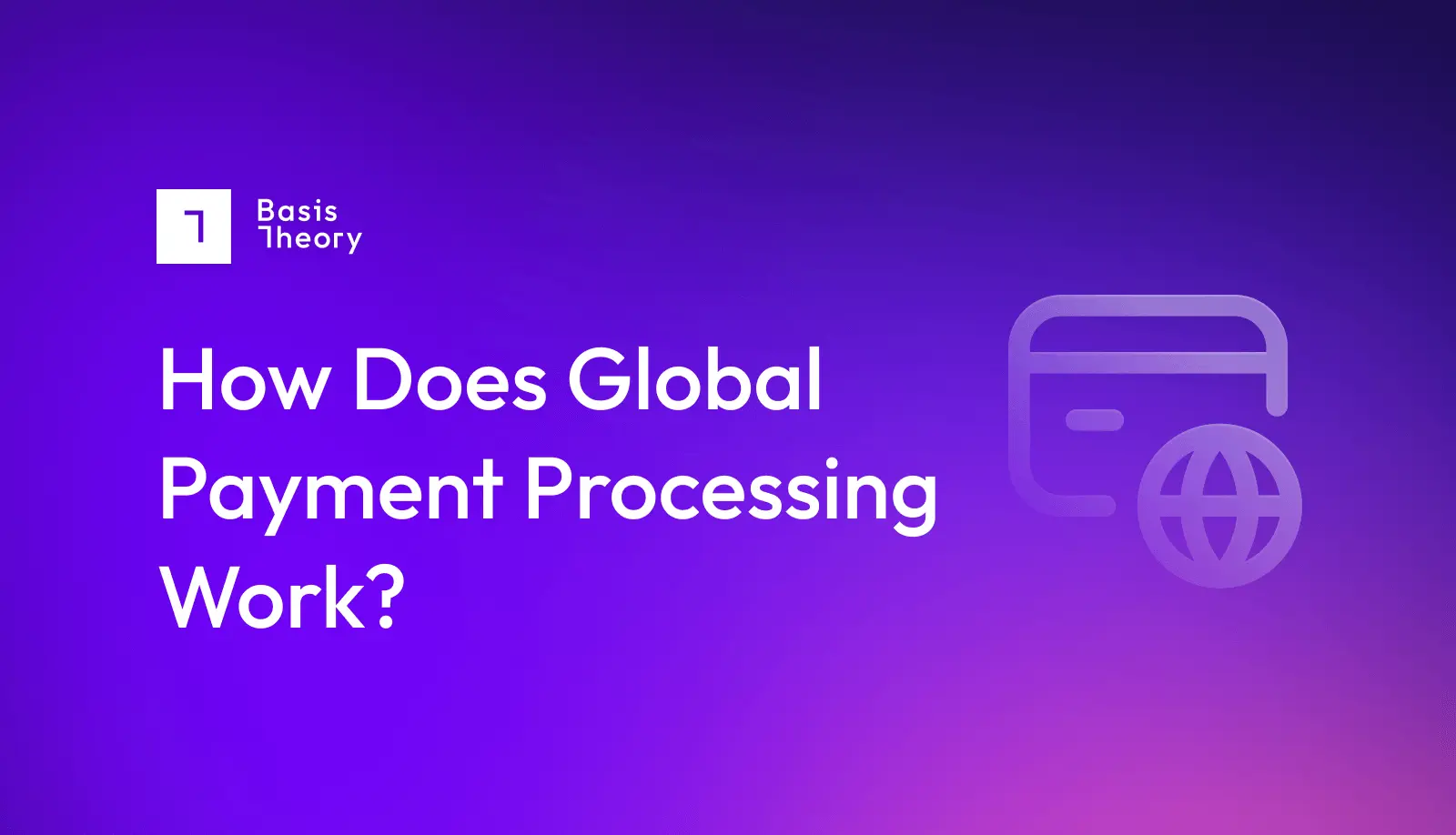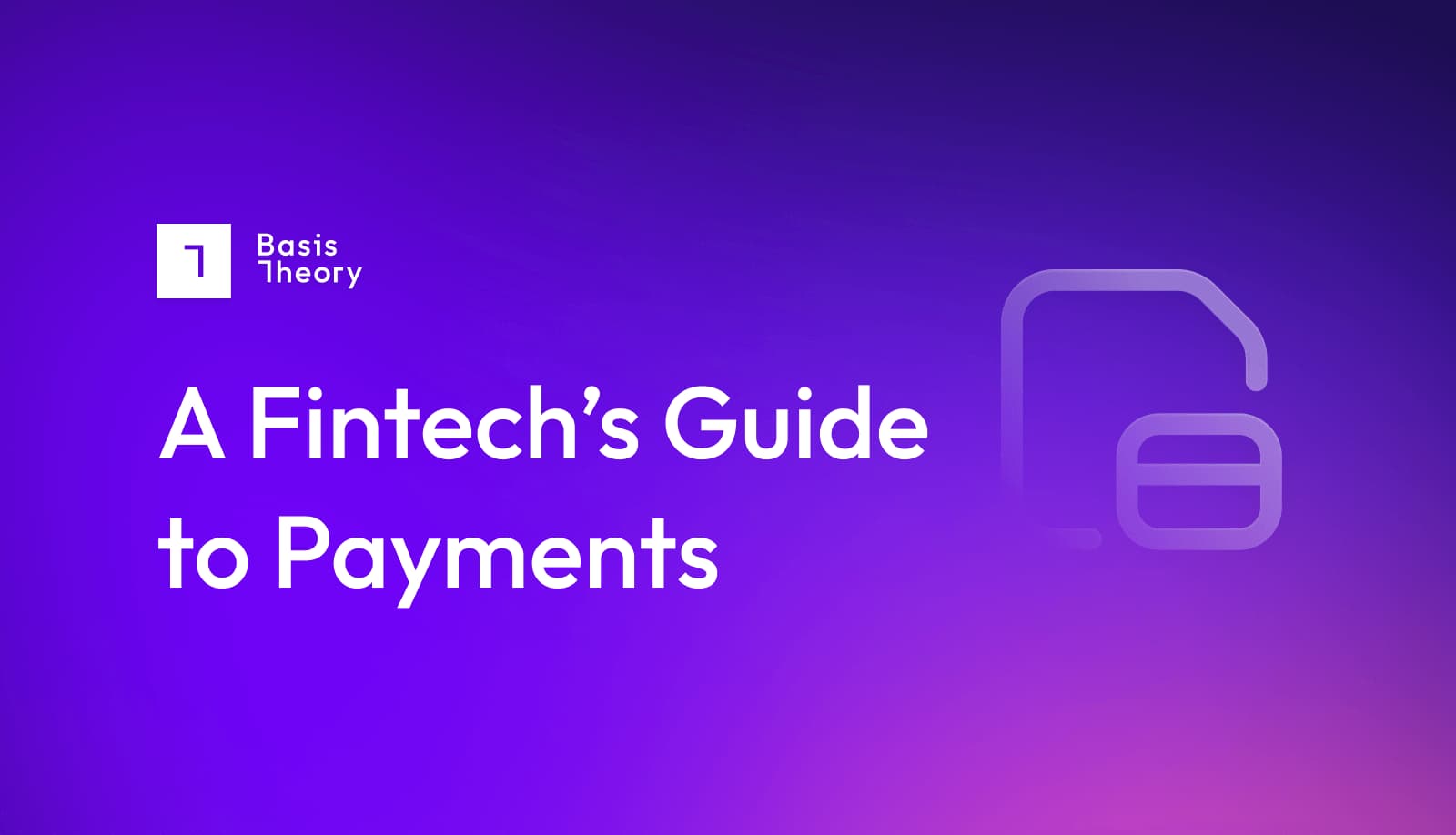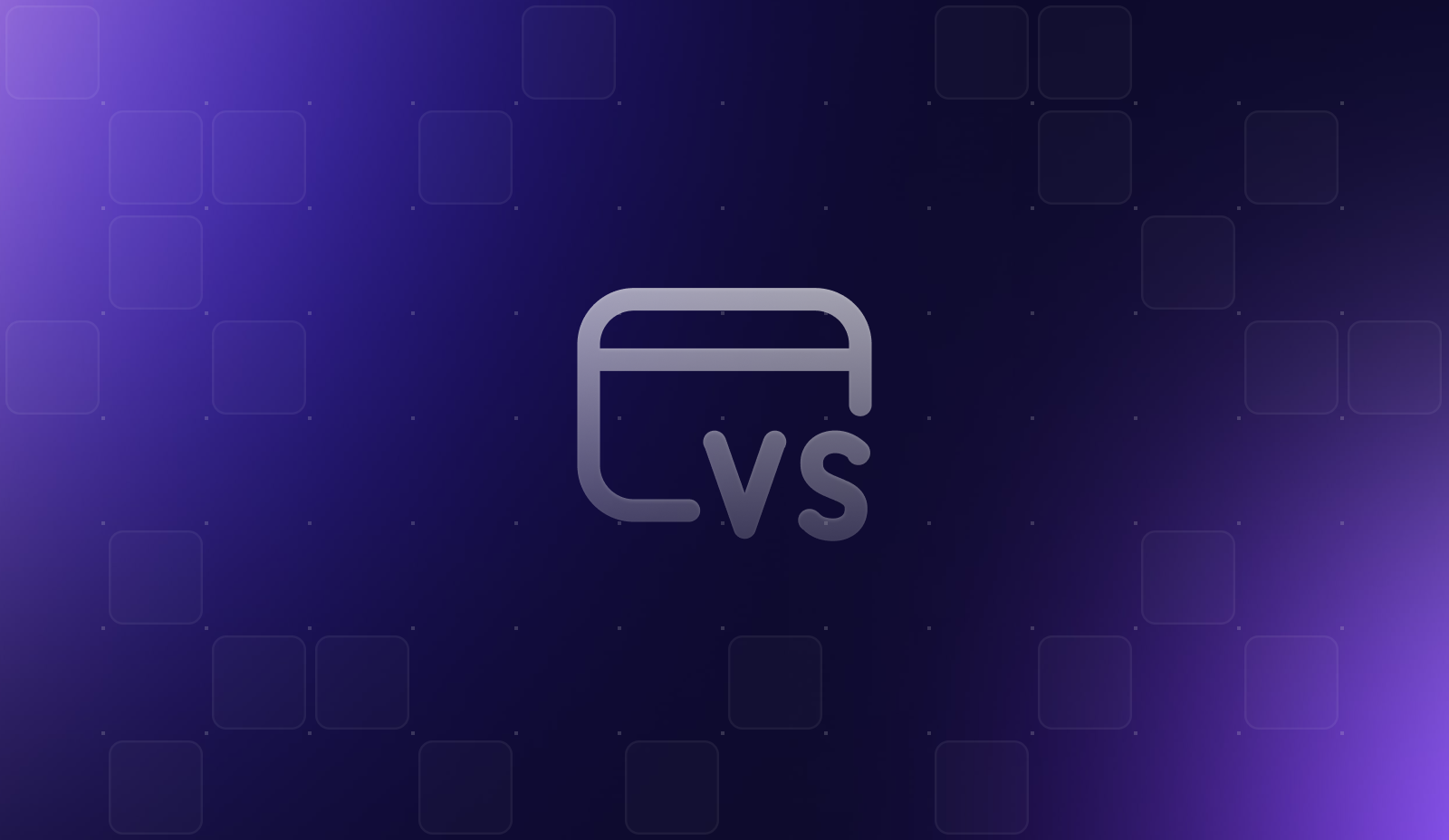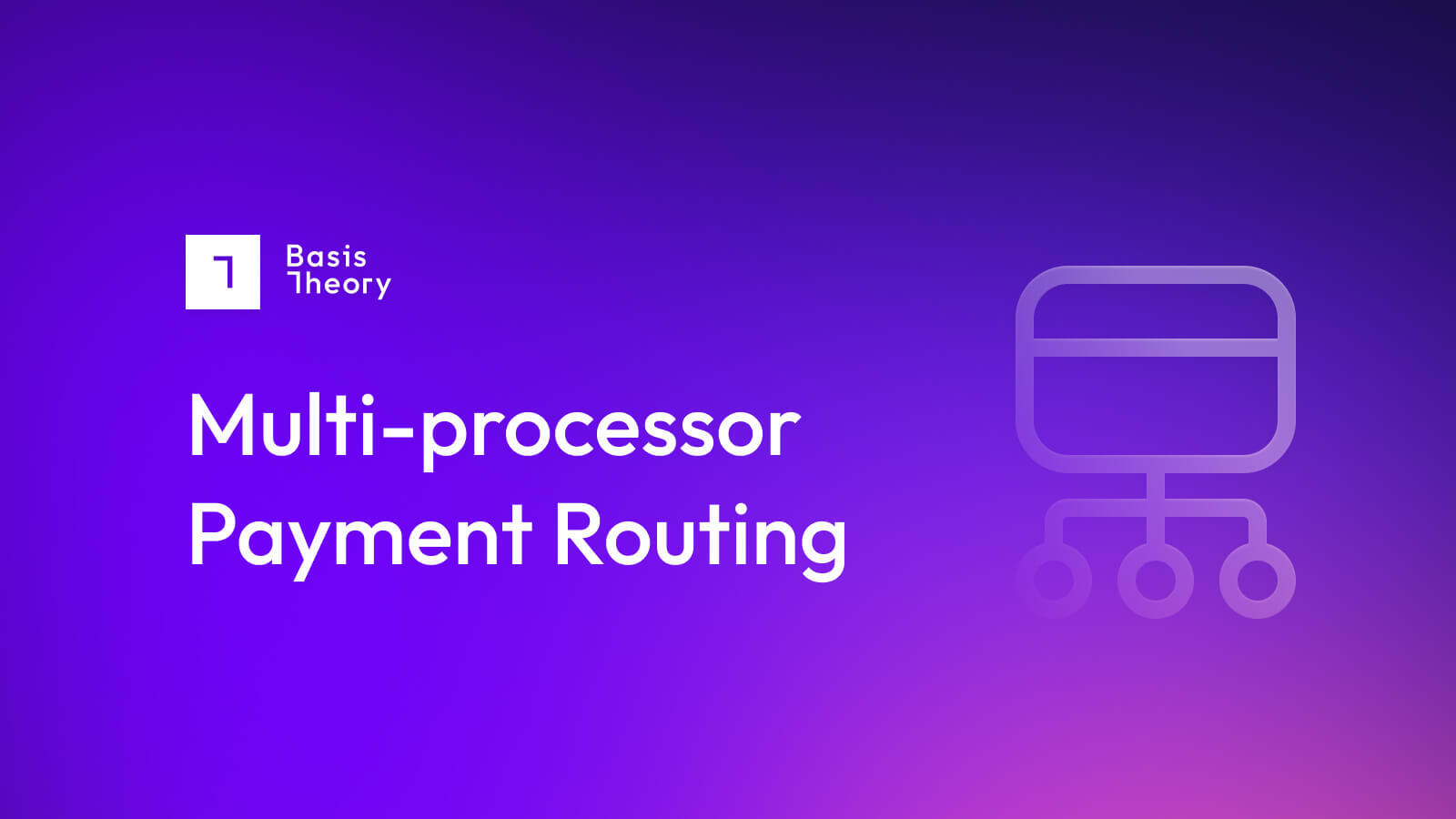How Global Payment Processing Works

E-commerce, by its very nature, is international, which opens the door for a global customer base. Opting to accept global payments can ensure that merchants can offer their products and services to as many customers as possible.
While many big-name and established payment processors offer global payment processing, many innovative global payment solutions are popping up to meet this demand in specialized ways. We’ll uncover the details of global payment processing, including solutions and considerations when choosing to accept international payments.
What is Global Payment Processing?
Global payment processing refers to any situation where funds are transferred between a business and an entity - often a customer, contractor, employee, partner, or supplier - whose bank account is located in a foreign country.
Global payments occur when the issuing (customer’s) bank and the acquiring (merchant’s) bank are located in different countries from one another. Processors that can facilitate this kind of transaction are known as global payment processors.
Global payment processors frequently offer a range of services to facilitate smooth global transactions, including:
- Currency conversion between the two currencies used in the payment flow
- Enhanced fraud prevention that can not only detect common fraud schemes and trends, but also common international fraudulent activity
- Security and compliance services that specialize in international transactions, laws, and regulations
Often, the more established payment processors will offer a more all-in-one approach to global payments, while more niche solutions may give merchants the option to choose their own providers for compliance, fraud monitoring, and reporting.
How Global Payment Processing and Cross-Border Payments Compare
Simply stated, global payment processing allows cross-border payments to occur.
Cross-border payments are the actual financial transactions that occur when a payer and payee are located in different countries. These transactions could be between individuals, businesses, or financial institutions when sending money overseas, making overseas business investments, and more.
By contrast, global payment processing describes the services and infrastructure that facilitate cross-border payments. It encompasses the entire ecosystem involved in making international payments smooth and efficient. Key players in global payment processing include payment processors, banks, and regulatory bodies.
In essence, cross-border payments are the actual transactions, while global payment processing is the engine that makes them possible.
What are Global Payment Processors?
Simply stated, global payment processors are solutions that enable global payment processing.
These processors act as intermediaries between foreign banks, relaying payment details to the issuing bank, which then approves the payment and transfers the funds to be settled in the recipient’s account in their domestic currency.
Global payment processors aim to make cross-border transactions as cost-effective and as streamlined as possible for the sender, which can be a balancing act.
Some of the most established global payment processors include:
- Stripe
- Worldpay
- Adyen
- FIS Global
Many newer, more focused emerging players are joining the industry as well to better serve the needs of global payments. When selecting a processor, be sure to review both established brands and newer, more niche players as they can vary wildly in regions, currencies, and solutions.
Considerations When Selecting a Global Payment Processor
Most of the big-name global processors offer similar features, but if your use case requires any specific needs, be sure your selected processor meets those requirements.
Consider factors like:
- Supported currencies and regions: The most critical factor is ensuring the processor covers your target markets and desired currencies.
- Fees and pricing structure: Compare transaction fees, currency conversion rates, and any monthly charges to ensure the benefits of global payments outweigh the fees.
- Payment methods accepted: Choose a processor offering your customers’ preferred payment methods, and re-evaluate these options regularly.
- Security and compliance: Verify the processor's security measures and adherence to relevant regional and international regulations.
- Integration and ease of use: Ensure seamless integration with your existing systems and a user-friendly interface.
The Importance of Accepting Global Payments
It shouldn’t come as a surprise that payment commerce is global and any merchant’s target customers could reside anywhere in the world. Accepting cross-border payments opens the doors to entire prospective customers that domestic-only payments would otherwise exclude.
Offering the right payment methods necessary for your global audience can ensure a smooth payment flow, no matter the location.
If you are considering implementing global payment processing for your business, it is essential to understand the international payments landscape and work with experts that can assist. Basis Theory offers a global, multi-region payment tokenization solution that can connect with any partner - global or domestic. Reach out to us to schedule a consultation and work through your use case!
.png?width=365&height=122&name=BTLogo%20(1).png)



